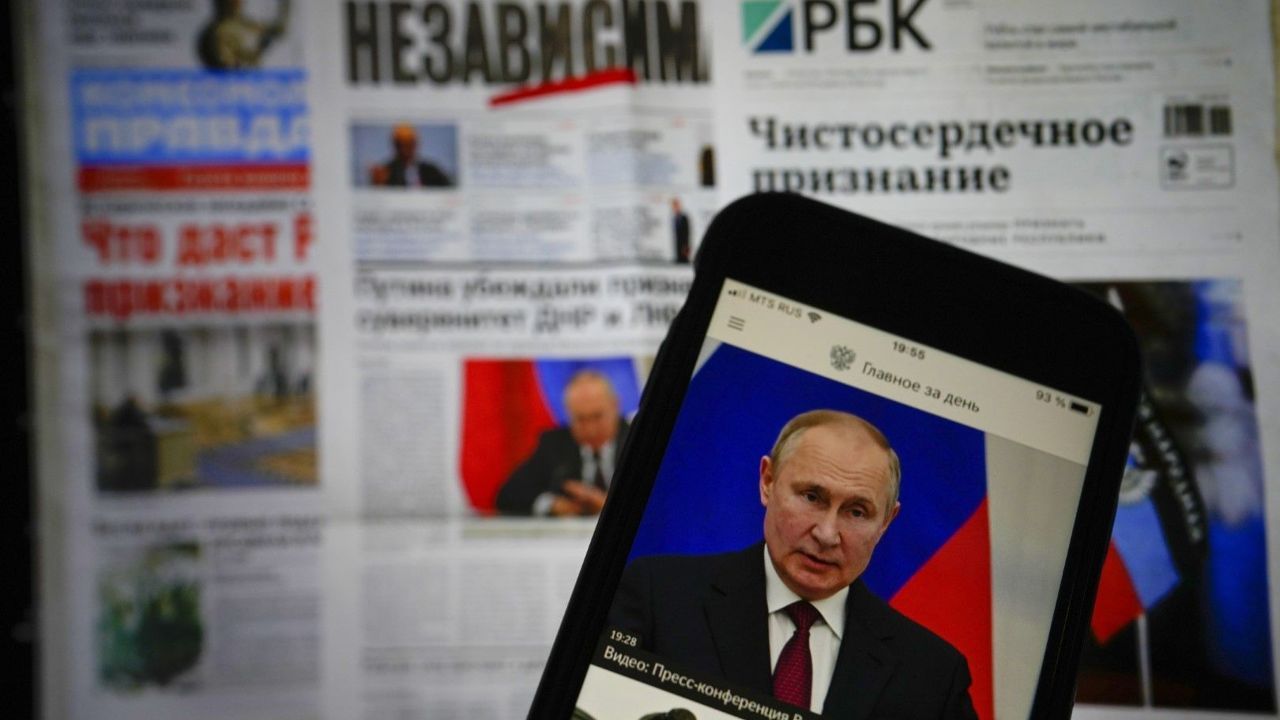Russian court sentences journalist to two years in prison for criticizing military offensive
Russian court sentences journalist Mikhail Feldman to two-year prison term for criticizing Moscow's military actions in Ukraine

A Russian court has rendered a verdict that has sparked international concern over the state of press freedom within the nation. The court, situated in the western exclave of Kaliningrad, sentenced journalist Mikhail Feldman to a two-year prison term for his vocal criticism of Moscow's military actions in Ukraine.
The decision comes amidst a wave of crackdowns on independent journalism, exemplified by the detention of five additional reporters within a 24-hour timeframe.
"Mikhail Feldman had discredited Russia's armed forces in a series of posts on the VKontakte social network," stated the OVD-Info and Memorial rights groups, citing his lawyer.
The prosecution's recommendation for imprisonment was upheld, with Feldman also facing a prohibition on administering websites for the next two years. "The punishment the prosecution asked for," remarked OVD-Info, "In addition to being imprisoned, Feldman was banned from administering websites for two years."
The situation for journalists in Russia has become increasingly perilous since the commencement of the military offensive in Ukraine two years ago. Critics of the government's actions, whether online or in traditional media, risk severe penalties under stringent censorship laws. Reports indicate that individuals who challenge the official narrative or utilize alternative sources of information face the prospect of lengthy incarceration.
Furthermore, the crackdown extends beyond Feldman's case. Recent incidents in Moscow have seen the detention of several independent journalists. Antonina Favorskaya, a journalist with SOTAvision, was apprehended for questioning late
Source: AFP







